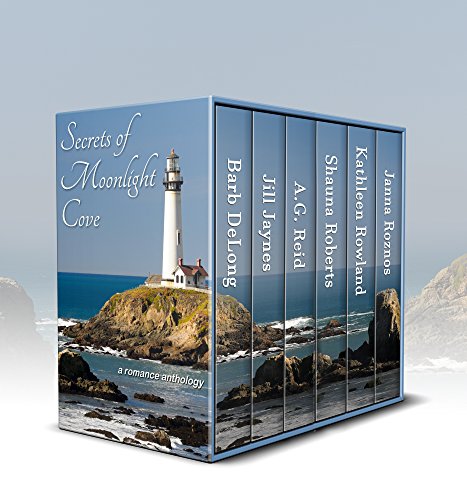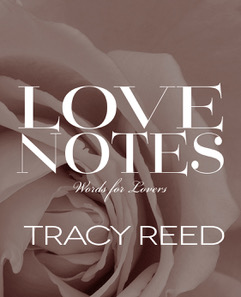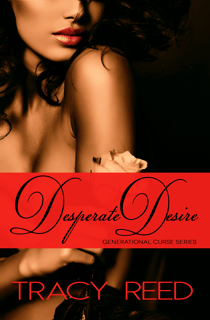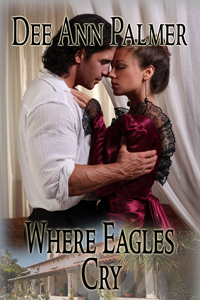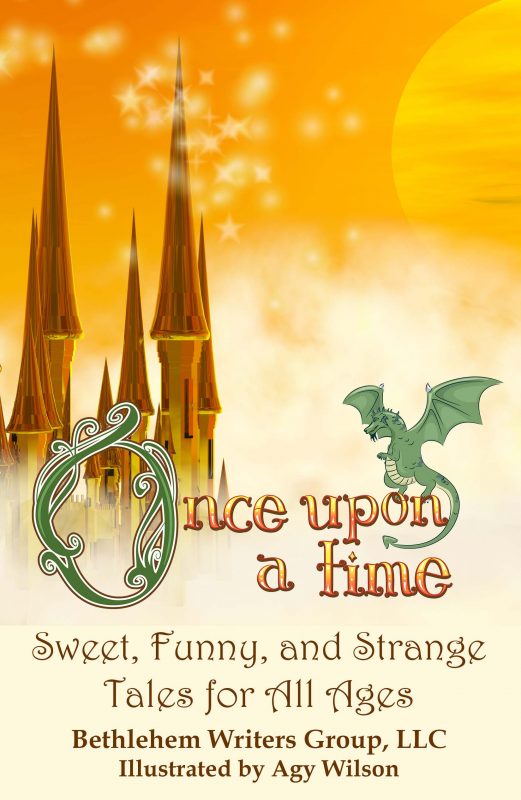Contests vs Submission
August 19, 2008 by A Slice of Orange in category Archives tagged as Member At LargeMonica Stoner, Member at Large
Several years ago, someone told me if a work was ready for a contest it was ready for an editor. I didn’t agree then and agree even less now. Having judged contests, I’d have to say some of the entries aren’t ready for the contest and should never go to an editor. This is not meant harshly, everything I’ve judged had some good features, but they were often lost behind poor pacing, grammar, or just too many words in the wrong place.
The huge advantage to a contest over an editor is, the contest judge has to read your whole submission. The editor can skim a couple pages and tell you the submission is not right for their line. The contest judge can find the place in your story where you need to start the book; an editor could easily find the same place but generally won’t have the time to do so. Nor should an editor have to tell you where to start your book.
Since so many contests now allow for judge comment, you have the advantage of multiple edits to the same book for one contest fee. You can agree or disagree with any of them, but if every one finds the same problems, you’ll know where to head for your next rewrite.
Once you have some manuscripts and contests under your belt, and have finaled in one of the contests, or at least not received your entry back dripping read with editorial comments, you might think about offering to judge. Don’t make this offer lightly, since as you would well know by then, fragile egos could be behind the creation of the entry, same as when you entered. Who better to understand how a mean word can send you to Camp Hershey or Dove when you should be sitting still and writing?
One or two sessions of reading contest entries can be eye opening for your own writing. I’ve also found this to be a great remedy for the dreaded writer’s block. Many clubs offer contests throughout the year and most are in need of a both entries and judges. Give it a whirl, you never know how much fun it can be until you try.
Writer on the Verge
August 18, 2008 by A Slice of Orange in category Writer on the Verge by Kate Carlisle tagged as Kate Carlisle, National RWA Conference, Romance Bandits, Writer on the VergeMore Conference Talk!
 I was thrilled to finally get a chance to visit and party with my fabulous blogging group, Romance Bandits, and even had a few chance encounters with the Golden Rooster. (A long story, but visit the blog a few times and you’ll catch on!) Here’s a picture of the Cheeky Chook with Romance Bandit and Kensington debut author Jeanne Adams. Don’t they make a cute couple?
I was thrilled to finally get a chance to visit and party with my fabulous blogging group, Romance Bandits, and even had a few chance encounters with the Golden Rooster. (A long story, but visit the blog a few times and you’ll catch on!) Here’s a picture of the Cheeky Chook with Romance Bandit and Kensington debut author Jeanne Adams. Don’t they make a cute couple? Here’s a shot of me with another Bandita and double Rita finalist, the lovely and talented Avon historical author, Anna Campbell.
Here’s a shot of me with another Bandita and double Rita finalist, the lovely and talented Avon historical author, Anna Campbell. Here are a few familiar OCC faces. This was taken the night of the Rita awards. It’s me, with Jennifer Apodaca and Michele Cwiertny. Don’t we all look fabulous?
Here are a few familiar OCC faces. This was taken the night of the Rita awards. It’s me, with Jennifer Apodaca and Michele Cwiertny. Don’t we all look fabulous? And here I am with yet another Bandita, Sourcebooks Casablanca author Loucinda McGary. Her first book, The Wild Sight, is out in October and she’s already starting to garner wonderful reviews! We’re showing off our first sale ribbons!
And here I am with yet another Bandita, Sourcebooks Casablanca author Loucinda McGary. Her first book, The Wild Sight, is out in October and she’s already starting to garner wonderful reviews! We’re showing off our first sale ribbons!
Kate Carlisle’s Bibliophile mystery series from NAL debuts in February 2009 with HOMICIDE IN HARDCOVER.
The Write Way………
August 17, 2008 by A Slice of Orange in category Archives, The Write Way by Maureen Child tagged as Maureen Child, The Write WayTime: Does Anybody Really Know What Time It Is?
August 15, 2008 by Marianne H. Donley in category Java Plots by marianne h donley tagged as Java PlotsGet Out of Your Own Way
August 14, 2008 by A Slice of Orange in category ArchivesBy Noelle Greene
Ever had that sinking feeling when you’re seated at an event, or God forbid, a play, and you realize it’s an “interactive†experience? The third wall is going down, baby. That’s when I start to squirm. And above all, make no eye contact. The third wall is there for a reason. We like it.
I was eyeing the door within seconds of sitting down at a session at the RWA conference. For some reason, the title “Improv Techniques For Writers†hadn’t clued me in. I realized, too late, we were expected to improvise in front of the group. With a microphone.
You guessed it, the session ended up being a ton of fun. I laughed more in 90 minutes than I did all week. That alone made it worthwhile. The instructor, Denise McInerney, was lovely, relaxed and reassured us that there were no wrong answers. We played games, a la Drew Carey and company in “Whose Line is it Anyway?â€
McInerney shows writers how to use comedy improv techniques to loosen up and let ideas flow without self-censorship and fear. And yes, as we played we created a lot of nonsense, but that wasn’t the point. The point was to banish your inner critic.
Interestingly, McInerney, of the Washington, D.C. chapter, presented ideas other seminars at the conference featured, except she didn’t tell, she showed: by letting you feel—viscerally—how to “be in the moment†and take risks when you’re creating. I certainly felt the adrenalin pumping. And realized how fear of looking like an idiot hampers the process. I’m still working on that one. If you’d like to learn more, contact Denise at dmcwriter@aol.com.
Affiliate Links
A Slice of Orange is an affiliate with some of the booksellers listed on this website, including Barnes & Nobel, Books A Million, iBooks, Kobo, and Smashwords. This means A Slice of Orange may earn a small advertising fee from sales made through the links used on this website. There are reminders of these affiliate links on the pages for individual books.
Search A Slice of Orange
Find a Column
Archives
Featured Books
SECRETS OF MOONLIGHT COVE: A Romance Anthology
Moonlight Cove, where everyone has a secret…
More info →LOVE NOTES
Love isn't a one note emotion...it's a symphony with a sweet melody.
More info →DESPERATE DESIRE
How desperate do you have to be, to break your marriage vows?
More info →WHERE EAGLES CRY
Jilted by love in 1834, Cara Lindsay sails from Boston to Mexico’s rugged California to begin a new life with a favorite aunt.
More info →ONCE UPON A TIME: Sweet, Funny, and Strange Tales for All Ages
Step through our castle doors into a world of imagination!
More info →Newsletter
Contributing Authors
Search A Slice of Orange
Find a Column
Archives
Authors in the Bookstore
- A. E. Decker
- A. J. Scudiere
- A.J. Sidransky
- A.M. Roark
- Abby Collette
- Alanna Lucus
- Albert Marrin
- Alice Duncan
- Alina K. Field
- Alison Green Myers
- Andi Lawrencovna
- Andrew C Raiford
- Angela Pryce
- Aviva Vaughn
- Barbara Ankrum
- Bethlehem Writers Group, LLC
- Carol L. Wright
- Celeste Barclay
- Christina Alexandra
- Christopher D. Ochs
- Claire Davon
- Claire Naden
- Courtnee Turner Hoyle
- Courtney Annicchiarico
- D. Lieber
- Daniel V. Meier Jr.
- Debra Dixon
- Debra H. Goldstein
- Debra Holland
- Dee Ann Palmer
- Denise M. Colby
- Diane Benefiel
- Diane Sismour
- Dianna Sinovic
- DT Krippene
- E.B. Dawson
- Emilie Dallaire
- Emily Brightwell
- Emily PW Murphy
- Fae Rowen
- Faith L. Justice
- Frances Amati
- Geralyn Corcillo
- Glynnis Campbell
- Greg Jolley
- H. O. Charles
- Jaclyn Roché
- Jacqueline Diamond
- Janet Lynn and Will Zeilinger
- Jaya Mehta
- Jeannine Atkins
- Jeff Baird
- Jenna Barwin
- Jenne Kern
- Jennifer D. Bokal
- Jennifer Lyon
- Jerome W. McFadden
- Jill Piscitello
- Jina Bacarr
- Jo A. Hiestand
- Jodi Bogert
- Jolina Petersheim
- Jonathan Maberry
- Joy Allyson
- Judy Duarte
- Justin Murphy
- Justine Davis
- Kat Martin
- Kidd Wadsworth
- Kitty Bucholtz
- Kristy Tate
- Larry Deibert
- Larry Hamilton
- Laura Drake
- Laurie Stevens
- Leslie Knowles
- Li-Ying Lundquist
- Linda Carroll-Bradd
- Linda Lappin
- Linda McLaughlin
- Linda O. Johnston
- Lisa Preston
- Lolo Paige
- Loran Holt
- Lynette M. Burrows
- Lyssa Kay Adams
- Madeline Ash
- Margarita Engle
- Marguerite Quantaine
- Marianne H. Donley
- Mary Castillo
- Maureen Klovers
- Megan Haskell
- Melanie Waterbury
- Melisa Rivero
- Melissa Chambers
- Melodie Winawer
- Meriam Wilhelm
- Mikel J. Wilson
- Mindy Neff
- Monica McCabe
- Nancy Brashear
- Neetu Malik
- Nikki Prince
- Once Upon Anthologies
- Paula Gail Benson
- Penny Reid
- Peter J Barbour
- Priscilla Oliveras
- R. H. Kohno
- Rachel Hailey
- Ralph Hieb
- Ramcy Diek
- Ransom Stephens
- Rebecca Forster
- Renae Wrich
- Roxy Matthews
- Ryder Hunte Clancy
- Sally Paradysz
- Sheila Colón-Bagley
- Simone de Muñoz
- Sophie Barnes
- Susan Kaye Quinn
- Susan Lynn Meyer
- Susan Squires
- T. D. Fox
- Tara C. Allred
- Tara Lain
- Tari Lynn Jewett
- Terri Osburn
- Tracy Reed
- Vera Jane Cook
- Vicki Crum
- Writing Something Romantic
Affiliate Links
A Slice of Orange is an affiliate with some of the booksellers listed on this website, including Barnes & Nobel, Books A Million, iBooks, Kobo, and Smashwords. This means A Slice of Orange may earn a small advertising fee from sales made through the links used on this website. There are reminders of these affiliate links on the pages for individual books.





